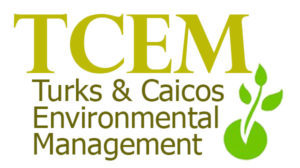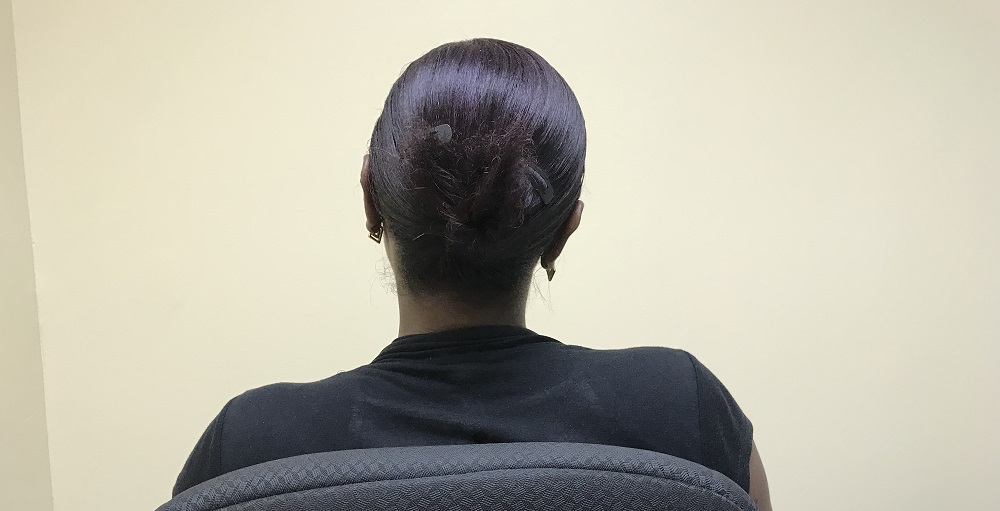#Kingston, December 1, 2018 – Jamaica – Ten years ago, Karmen Josephs’* life was changed forever, when she was diagnosed with the human immunodeficiency virus (HIV). She tells JIS News that at the time, she was about two months pregnant, and had gone to the doctor for prenatal checks, which included a blood test for HIV.
“I did the HIV testing. When I went back with my partner, the doctor was looking for the result and couldn’t find  it. When he eventually found the result, he held up a paper and I saw on the back of it ‘HIV positive’ and I thought ‘No! No! No! This is not me’,” she recalls.
it. When he eventually found the result, he held up a paper and I saw on the back of it ‘HIV positive’ and I thought ‘No! No! No! This is not me’,” she recalls.
“He (doctor) then said ‘I have some good news and some bad news for you. Which one do you want first?’ I said, give me any one of them. He said your HIV test came back and you are positive for HIV. I ran out of the office. My partner, who was sitting in the lobby, saw what was happening and ran after me, and we went back into the doctor’s office,” Ms. Josephs says.
She says that at the time, she did not know much about the disease, and after receiving bad medical advice, she decided to get an abortion.
“After the abortion, a different doctor took over my case and introduced me to an organization, where I was educated about HIV. I went to a workshop and I saw three pregnant females and I asked, ‘How are they pregnant and they are HIV positive’?
“When I was told that you can be pregnant with HIV and still have the baby, I was shocked,” Ms. Josephs tells JIS News.
A mother of two girls at the time, she says she felt that the child she aborted could have been the boy she desired.
Rather than wallowing in depression and self-pity at the decision she had made, Ms. Josephs decided to take action to reach women with HIV in order to prevent them from making the same mistake. She says that over the last five years, she has been counselling HIV patients to encourage them to live positive and healthy lives and take their medication. This work, she says, has become her life mission.
Ms. Josephs, who is virally suppressed, says she has no regrets about the path her life has taken.
“I have no regrets, no regrets at all, because knowing that I am educated now, I can now relate to females who are pregnant and are thinking that because they are HIV positive, they must do an abortion,” Ms. Josephs tells JIS News.
Her message to women who happen to become pregnant while they are HIV positive is, ‘take your medication. Your baby will be born without HIV as long as you stick to your medication and get regular health checks. HIV is not a death sentence. You can live a healthy life”.
The Ministry of Health has a programme in place to prevent mother-to-child transmission of HIV, through which expectant women receive counselling and free medication.
Ms. Josephs points out that “there are a lot of organisations out there that will assist you and talk with you. Since I have done the abortion, and I am now educated, I’ve known a lot of women, especially young ladies, who are HIV positive and have babies that are negative and the mothers become virally suppressed. The virus is now sleeping in the body, and she is unable to pass on the virus to the baby or anyone else”.
Among these organisations is Jamaica AIDS Support for Life (JASL), where Executive Director, Kandasi  Levermore, says everyone is welcome to get testing, counselling and treatment services. JASL will be hosting a Candlelight Vigil at Carter Hall, St. Andrew, on Saturday (December 1), which is globally recognised as World AIDS Day.
Levermore, says everyone is welcome to get testing, counselling and treatment services. JASL will be hosting a Candlelight Vigil at Carter Hall, St. Andrew, on Saturday (December 1), which is globally recognised as World AIDS Day.
This event will focus on remembering persons who have died from the HIV/AIDS, encouraging persons living with the disease to take their medication, and those who do not know their status, to get tested.
“The theme we are working with this year is ‘Know Your Status’, so we are really encouraging persons to come out and get tested,” Mrs. Levermore tells JIS News.
She says the JASL is open to educating and counselling persons who have been infected with HIV.
Contact can be made with JASL by calling 876-925-0021 and making an appointment.
* Name changed to protect identity.
Release: JIS
Contact: Ainsworth Morris
Photo: Ainsworth Morris
Photo Caption: Human immunodeficiency virus (HIV) patient, Karmen Josephs* is provding counselling to pregant women and others with HIV.


 News6 days ago
News6 days ago
 Caribbean News7 days ago
Caribbean News7 days ago
 News6 days ago
News6 days ago













